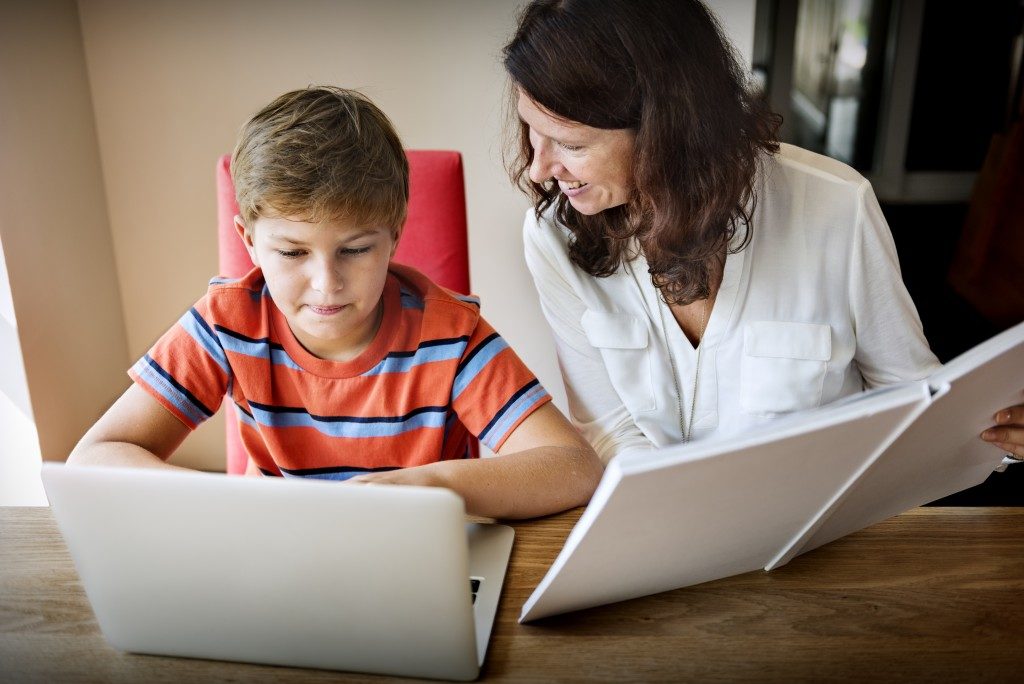When it comes to your child’s education, your child must be the main reason for your decision. He/she doesn’t have to be stuck between a private and public school. If your kid isn’t doing well in a classroom environment, or you want to give them quality education that you can afford, you may want to consider alternative education. Options like homeschooling, charter, early college schools, and others provide different approaches to learning that may benefit your child. Learn more about these alternative school systems.
Homeschooling
The National Home Education Research Institute (NHERI) said that as early as 2010, there were about 2.3 million homeschooled students in America. The organization sees this number growing by about 2 to 8% per year. It’s one of the most well-known yet underestimated alternative education methods.
The reason for this is that the approach lacks socialization with others, especially the kid’s peers. However, a recent study by Vanderbilt University professor Joseph Murphy, “Homeschooling in America,” found that homeschooled students have social networks that are as rich as their public school counterparts.
When it comes to the quality of education, Murphy said that homeschoolers don’t have much of a problem. They perform as well as their traditionally-educated peers, and there’s not much difference between them when it comes to college admissions. This method is not without caveats, however. Murphy found that over 95% of homeschool educators were also full-time moms. You or your partner may have to give up your careers to dedicate your days to teaching your kid. If you’re ready to take the challenge, you also have to adhere to your area’s homeschool law.
For Salt Lake City and other towns in Utah, the homeschool statute requires you to file an affidavit with your local school board for each of the kids you want to homeschool. You also have to assume sole responsibility for your child/children’s education. It means that you’re the only person in charge of your child’s curriculum, from the textbooks to the tests and grade records.
Charter Schools
Charter schools tread the happy medium between public and private ones. On the one hand, they’re funded by the government, so tuition is not an issue. On another, they’re entirely independent of their school districts, so they have smaller class sizes and greater independence than public schools.
These schools are seeing a massive amount of success so far, according to a policy brief from the RAND Corporation. Most charter schools, according to the study, are on-par with public ones when it comes to academic achievements. Charter school students also have a higher probability of graduating high school and attending college, the researchers said.
If you want to enroll your child in a public charter school, there are more than 120 in Utah alone. Some of them even have specializations that may further foster your child’s passions.
Blending High School and College

If you want to accelerate your kid’s track, you may enroll them in a school that blends standard high school curriculums with college subjects. A review of this method, published in the Phi Delta Kappan journal, showed that getting college courses in high school had a positive effect on students. The researchers said that over 90% of the students who had early college studies graduated high school.
They also found that students who participated in these blended programs were more likely to pursue higher education and even earn a degree. However, these early college schools aren’t as prominent in the United States yet. As such, you may need to shop around your local institutions before enrolling your child in one.
While standard public and private schools offer quality education, it doesn’t mean that they’re your only options. Alternative education is on the rise and is even proven to be effective. If you and your kids are not too happy with their school set-up right now, give these options a try. After all, every kid deserves the best learning experience.

